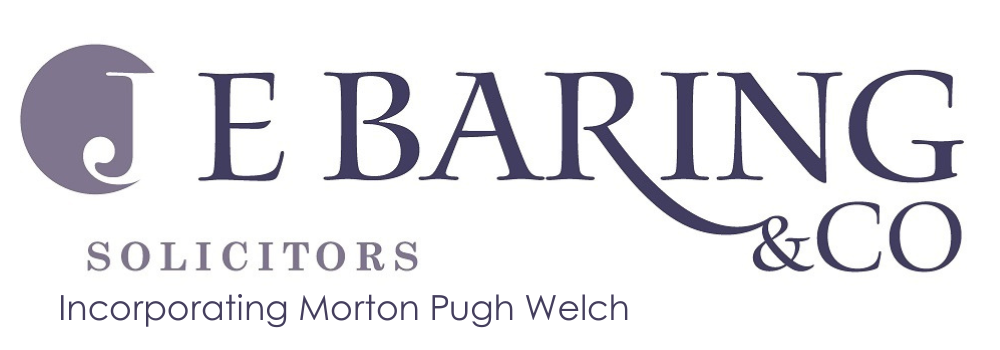Is a statutory demand effective for debt recovery?
This is a question we are asked all the time by creditor clients who get frustrated by the general court process when in need of debt recovery advice.
By effective, clients of course generally mean – “will using a statutory demand increase the chances of getting the debt paid or getting it paid faster ?”. The answer is, it depends on all the circumstances, including doing your homework on the debtor and understanding the risks of using statutory demands.
The first and most important point to note is that statutory demands should only be used where the debt is over £750.00. This is because the demand is a prelude to formal insolvency action, which is only possible where the debt is over £750.00.
A statutory demand should only be used where a debt is undefended. The problem this creates is that, where a statutory demand is served without a court judgement, it is all too easy for the debtor to claim there is a defence, which in turn may result in an expensive costs order against the creditor where an application to set aside the demand is successfully made. The other alternative, where the debtor challenges the demand, is to withdraw it – many creditors are very reluctant to do this, recognising that that the debtor may see this as a victory. If you refuse to withdraw it, the debtor may well apply to set the demand aside which can prove costly for you as creditor. The only “advantage” to this will be that you will possibly at least then know that the debtor potentially has the means and desire to avoid insolvency and at some stage may end up paying your debt.
Anticipate debtor tactics – denying receipt of the demand
If you decide, regardless of the risk, to proceed with a statutory demand, it is with bearing on mind that many debtors will deny they received it. This is a common stalling tactic and relying on recorded delivery is hit and miss. A debtor, corporate or personal, may well be alive to the possibility of service by recorded delivery and simply not answer the door or collect the item. For an important or high value debt, it is always worth considering using an experienced process server to ensure service is validly effected.
The underlying threat of insolvency – will it work? Is it in your interests as creditor?
Ignoring the general high risk nature if using a statutory demand unless you have a court judgment or clear admission in place from the debtor, the real issue to consider is whether a demand will increase the chances of getting paid. If a debtor ignores a demand, that debtor is either playing a high risk game of “chicken” or is/are in genuine financial difficulties. Whilst issuing and servicing a statutory demand is fairly inexpensive, in the event it doesn’t result in payment or meaningful contact from the debtor, the ball will be very much in your court as creditor – your only realistic choices are to :-
- consider the merits of spending several thousand pounds on court and legal fees to start winding up or bankruptcy proceedings, with no guarantee you will get paid
- write off the debt on the basis it looks like the debtor may be in genuine and dire financial circumstances
- to consider starting court proceedings to get a judgment which may open up other enforcement options, perhaps at a later date when the debtor is in better financial shape
It is also worth remembering that, even if the debtor is calling your bluff, if you start insolvency proceedings and the debtor then pays you, withdrawing a bankruptcy or winding up petition is not straightforward. Other creditors may come forward and this can result in any payment made to you being clawed back as assets will then need to go into the insolvency pot.
Common mistakes – getting the amount wrong
As advised above, for a statutory demand to be legitimate, the debt must be over £750.00 and undisputed. Without a court judgment, it is important not to be optimistic about the amount of the debt. It is tempting to consider calculating and claiming the amount due as including anything spent on top of the contract debt, such as interest, legal fees or other alleged losses. Be aware that when defining an undisputed debt, this will also include ensuring there is no dispute over the amount. Care should be taken, and possibly legal advice, on this aspect, to avoid the demand being challenged successfully.
Using statutory demand templates
In my experience, some clients will prepare demands themselves. The forms are not that complex and can be obtained easily online, there are different forms for individual or corporate debtor. The forms can be downloaded from this site.
My firm provides specialist advice on debt recovery and we are highly experienced in advising creditors on likely most effective method to recover in any given situation. We can also assist if you have been served with a statutory demand and want to challenge it.
Contact me, Bradly Bloom on 020 7242 8966 or email me at
